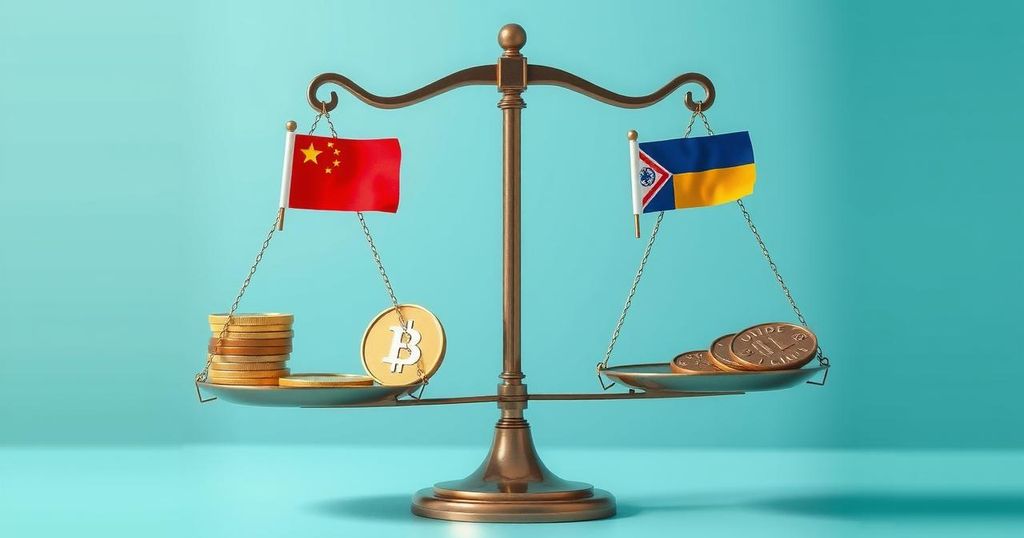Trump Unveils 26% Reciprocal Tariff on India: Global Economic Reactions
President Trump announced a 26 percent reciprocal tariff on India, citing unfair trade practices. He urged for equal treatment in international tariffs. The impact of these tariffs on various sectors and global trade dynamics is under observation, with mixed reactions from global leaders and ongoing negotiations for a trade agreement with India.
On April 2, 2025, President Donald Trump unveiled a 26 percent “discounted reciprocal tariff” on India, significantly lower than the 52 percent tariffs that India imposes on American goods. Trump characterized this announcement as a pivotal moment, stating that it marked “Liberation Day” for American industry, claiming it would enhance America’s economic strength and prosperity. The President, speaking from the White House Rose Garden, emphasized the need for reciprocal tariffs in response to the long-standing imbalances in international trade.
In his address, President Trump lamented the historical exploitation of American workers by foreign nations, declaring that American industries such as steel and agriculture had suffered due to unfair practices. He highlighted the tariffs imposed by several countries—including high rates from Thailand and India—and articulated a commitment to leveling the trade playing field. His remarks were met with approval from factory and automotive workers as well as members of his Cabinet present at the event.
The newly imposed tariffs will begin affecting imports from India starting April 5, with a full implementation by April 10. The Indian commerce ministry is currently evaluating the ramifications of these tariffs, which are expected to impact key export sectors, including electronics and gems and jewelry, amounting to significant financial losses. Nonetheless, officials in India have indicated that the new tariffs are “not a setback,” as the country continues to negotiate a bilateral trade agreement with the United States.
Responding to global reactions, leaders from several countries, including the European Union and Thailand, expressed their concerns over the implications of Trump’s tariffs on the global economy. The EU’s chief remarked that Trump’s new tariffs represent a substantial blow, while Thailand’s Prime Minister recommended that exporters explore new markets to mitigate risks.
The situation has stirred diverse responses internationally, as several countries, including China and Japan, have voiced strong opposition to the unilateral actions taken by the U.S., fearing negative consequences on global trade. Additionally, the tariff decision has prompted market reactions, with stock prices in countries impacted by the tariffs experiencing declines as global businesses prepare for heightened trade tensions and financial uncertainties.
In conclusion, President Trump’s recent announcement of a 26 percent reciprocal tariff on India signifies an escalating trend in international trade tensions. While India is preparing to navigate these tariffs with ongoing negotiations for a bilateral trade agreement, global leaders have raised alarms over the broader economic implications of such unilateral actions. As nations react and adjust to these developments, it is clear that the landscape of global trade is set for significant challenges ahead.
Original Source: m.economictimes.com




Post Comment